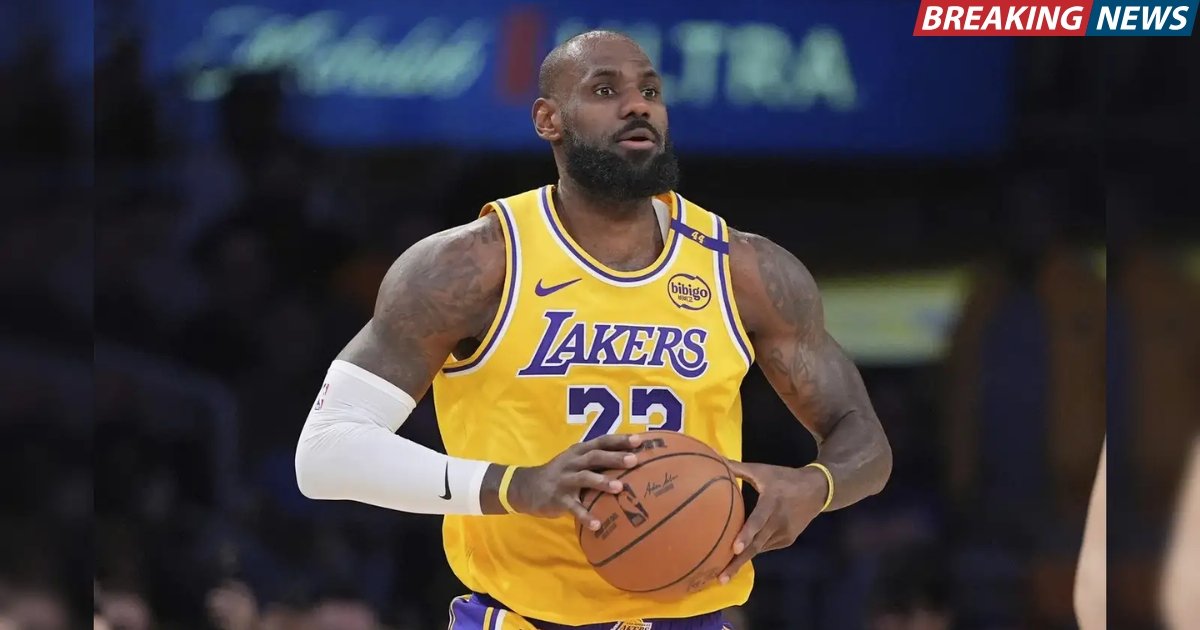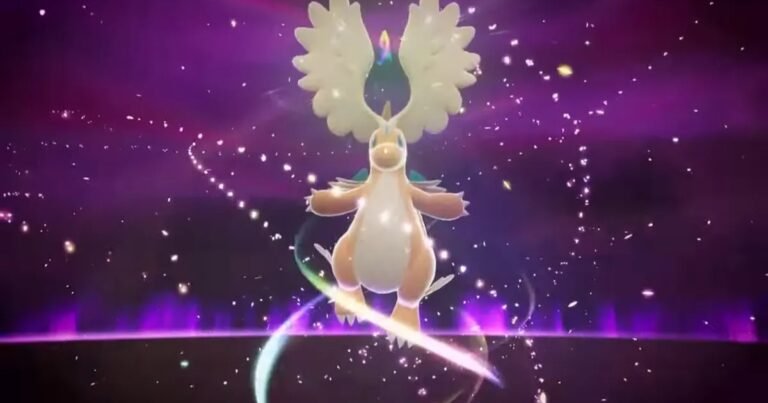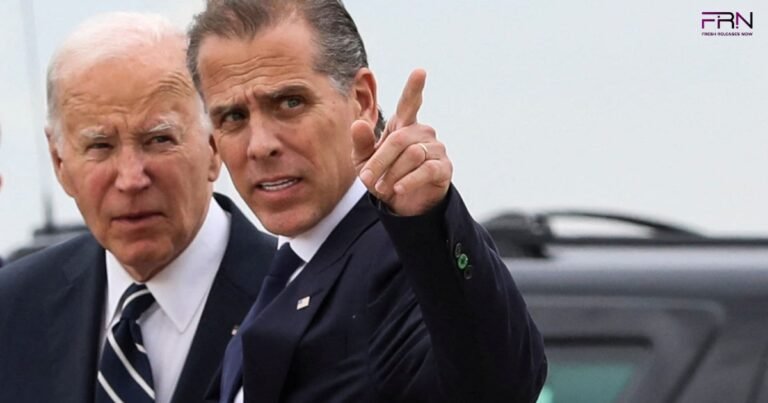
The iconic Los Angeles Lakers may soon have a new owner. According to the reports, the Buss family is in discussions to sell the storied NBA franchise to billionaire Mark Walter in a deal valued at $10 billion. If finalized, the transaction would mark one of the largest sports in history. Thus ending a decades-long era of Buss family leadership.
A Monumental Deal: Breaking Down the $10 Billion Valuation
The potential $10 billion sale of the Los Angeles Lakers to billionaire Mark Walter represents more than just a change in ownership; it also signifies a significant shift in the ownership landscape. It then means a seismic shift in the economics of professional sports. Thus, here’s a breakdown of what drives this record-setting Valuation and why the Lakers command such a staggering price tag:
- Legacy and Brand Power: The Lakers are one of the most recognizable sports franchises globally, boasting a rich legacy of 17 NBA championships, Hall of Fame players, and a celebrity-studded fan base. Thus, this brand equity translates to immense global merchandising opportunities, licensing revenue, and media attention. These are considered the critical components in justifying the $10B figure.
- Prime Market Advantage: Located in Los Angeles, the second-largest media in the U.S., the Lakers benefit from maximum exposure. The team has consistently led in local and national TV ratings, thanks in part to high-profile players and extended playoff runs. Thus, this media dominance boosts advertising value, streaming rights, and regional partnerships.
- Real Estate and Arena Ties: While the Lakers don’t own Crypto.com Arena, they hold significant influence in its operations through a long-term lease and branding partnership. Additionally, investments in Lakers-related facilities and training centers increase the overall Valuation, mainly when bundled with team assets.
- Revenue Diversification: The Lakers generate income from multiple sources, including ticket sales, luxury suites, merchandise, sponsorships, international tours, and digital content. As the NBA continues global expansion in Europe, Asia, and Africa, these revenue streams are expected to grow exponentially.
Mark Walter: Meet the Billionaire Behind the Bid
Mark Walter, 65, is an American investment titan, currently the CEO of Guggenheim Partners, a global financial firm managing over $300 billion in assets. In 2021, he became a minority stakeholder in the Lakers and secured first-right-of-refusal on the Buss family’s stake. It is an opinion he’s now exercising.
1. Sports Ownership Powerhouse
Walter’s influence extends across major leagues:
- MLB: Lead owner/chairman of the Los Angeles Dodgers since 2012; under his leadership, the team won World Series titles in 2020 and 2024.
- WNBA: Co-owner of the Los Angeles Sparks since 2014.
- Soccer: Co-led the BlueCo acquisition of Chelsea FC (Premier League) in 2022.
- Hockey & Motorsport: Founder of PWHL with its “Walter Cup” and part-owner of the Cadillac F1 team via TWG Global.
2. Financial Clout & Investments
A law graduate from Northwestern, Walter co-founded Guggenheim Partners in 2000, later launching TWG. It is a diversified holding company in finance, insurance, tech, and sports. Furthermore, his net worth estimates range from $6 billion (Forbes) to $12.5 billion (Bloomberg).
3. Philanthropy & Personal Life
A Cedar Rapids, Iowa native, he and his wife, attorney Kimbra Walter, serve as trustees of the Guggenheim Foundation, Northwestern University, Creighton University, and the Field Museum. Therefore, the couple founded LA Rises, a wildfire recovery initiative.
How This Sale Could Reshape the NBA Ownership Landscape?
The reported $10 billion sale of the Los Angeles Lakers to Mark Walter isn’t just a high-dollar transaction; it’s a transformative event. Such an event includes wide-ranging implications for the NBA’s ownership dynamics, franchise valuations, and future business models. Here’s how it could reshape the league:
- Sets a New Benchmark for Franchise Valuation: If finalized, this deal would be more than double the previous NBA sales record as the Phoenix Suns sold for $4 billion in 2023. A $10 billion valuation resets expectations for all 30 franchises, especially marquee teams like the Warriors and Celtics. Thus, the mid-market teams could also see inflated valuations as ripple effects trickle down.
- Pushes More Billionaires into the Ownership Arena: The blockbuster deal may attract a new wave of ultra-wealthy individuals and consortiums. Thus viewing NBA teams as premier assets in the global sports and media portfolio. Furthermore, expect more hedge fund managers, tech moguls, and international investors to line up for future opportunities for expansion looms.
- Strengthens the Case for NBA Expansion: With the Lakers’ Valuation skyrocketing, the NBA is now better positioned to justify expansion fees in the $5 to $7 billion range. Cities like Las Vegas and Seattle, both strong contenders for future teams, could accelerate bids with higher financial stakes and stronger investor backing.
Why the Buss Family Might Be Ready to Let Go?
The Buss family has been synonymous with the Los Angeles Lakers since 1979 when Dr. Jerry Buss purchased the team and built it into a global basketball powerhouse. But more than four decades later, the family may be ready to step aside. The reasons are:
- Financial Windfall Too Big to Ignore: A $10 billion valuation represents an extraordinary return on investment. Dr. Buss originally purchased the Lakers for $67.5 million as part of a larger deal. Therefore, selling now would make it one of the most profitable sports transactions in history. Furthermore, this allows the family to lock in generational wealth and reallocate capital into other ventures.
- Internal Pressure and Family Dynamics: Since Jerry Buss’s death in 2013, the family has navigated internal power struggles, most notably Jeanie Buss’s legal battle with her brothers over control. Meanwhile, Jeanie emerged as the controlling power, managing shared ownership among six siblings with different views and priorities, which remains complex. Thus, a sale could simplify matters and avoid future conflicts.
- Preserving the Lakers’ Legacy: Jeanie Buss has often expressed a desire to honor her father’s legacy. Handing the franchise to someone like Mark Walter could be seen as a way to ensure the team’s future success while maintaining respect for its past.
What a Walter-Owned Lakers Team Could Look Like?
If Mark Walter completes his historic $10 billion acquisition of the Los Angeles Lakers, the franchise could undergo a strategic transformation. It is the then one shaped by Walter’s proven sports management style, data-driven business approach, and global expansion mindset.
1. Professionalized, Data-Driven Front Office
Mark Walter’s tenure with the Los Angeles Dodgers was defined by his commitment to analytics, innovation, and long-term player development. Expect him to replicate this model with the Lakers by:
- Investing heavily in analytics and sports science, possibly creating one of the NBA’s most advanced performance labs.
- Bringing in elite executives with proven records from both the NBA and other leagues, similar to how he brought Andrew Friedman from the Rays to lead baseball operations for the Dodgers.
- Modernizing scouting and player evaluation, prioritizing global talent pipelines and advanced metrics in drafting and trades.
2. Long-Term Roster Building Over Short-Term Star Chasing
While the Lakers have historically focused on acquiring marquee names like LeBron James, Anthony Davis, Kobe Bryant, Walter may shift toward sustainable roster building:
- Building a strong core of younger talent, emphasizing payer development over splashy trades.
- Avoiding short-term contracts and instead building cap flexibility and roster depth.
- Emulating the “farm system” mindset from MLB, creating a deep G-League affiliate system and youth development network.
Conclusion
The potential sale of the Lakers marks the end of a legendary era and the dawn of a new chapter. With Mark Walter poised to take over, the franchise may enter a bold phase of global growth, innovation, and financial strength while preserving the legacy the Buss family carefully built.


